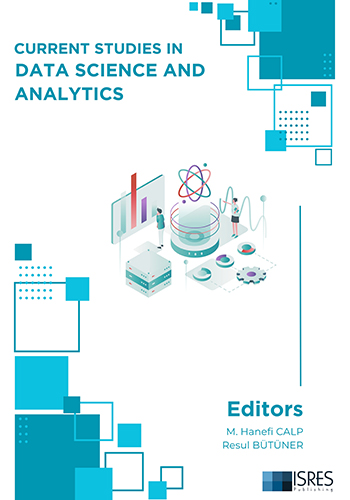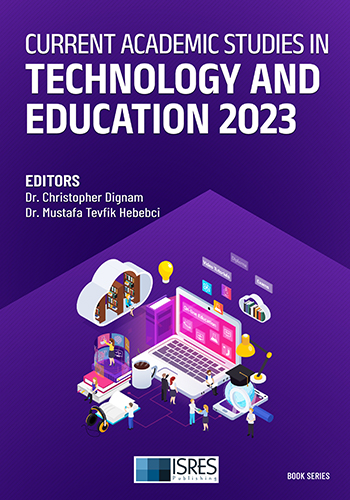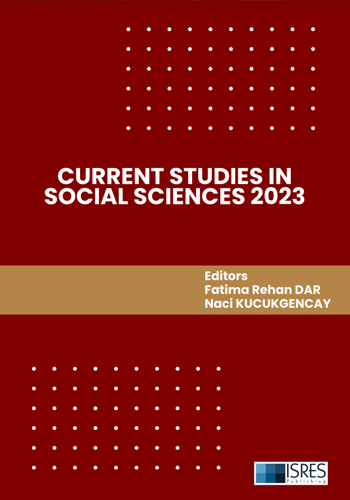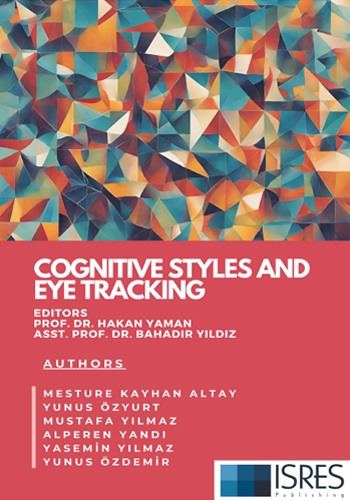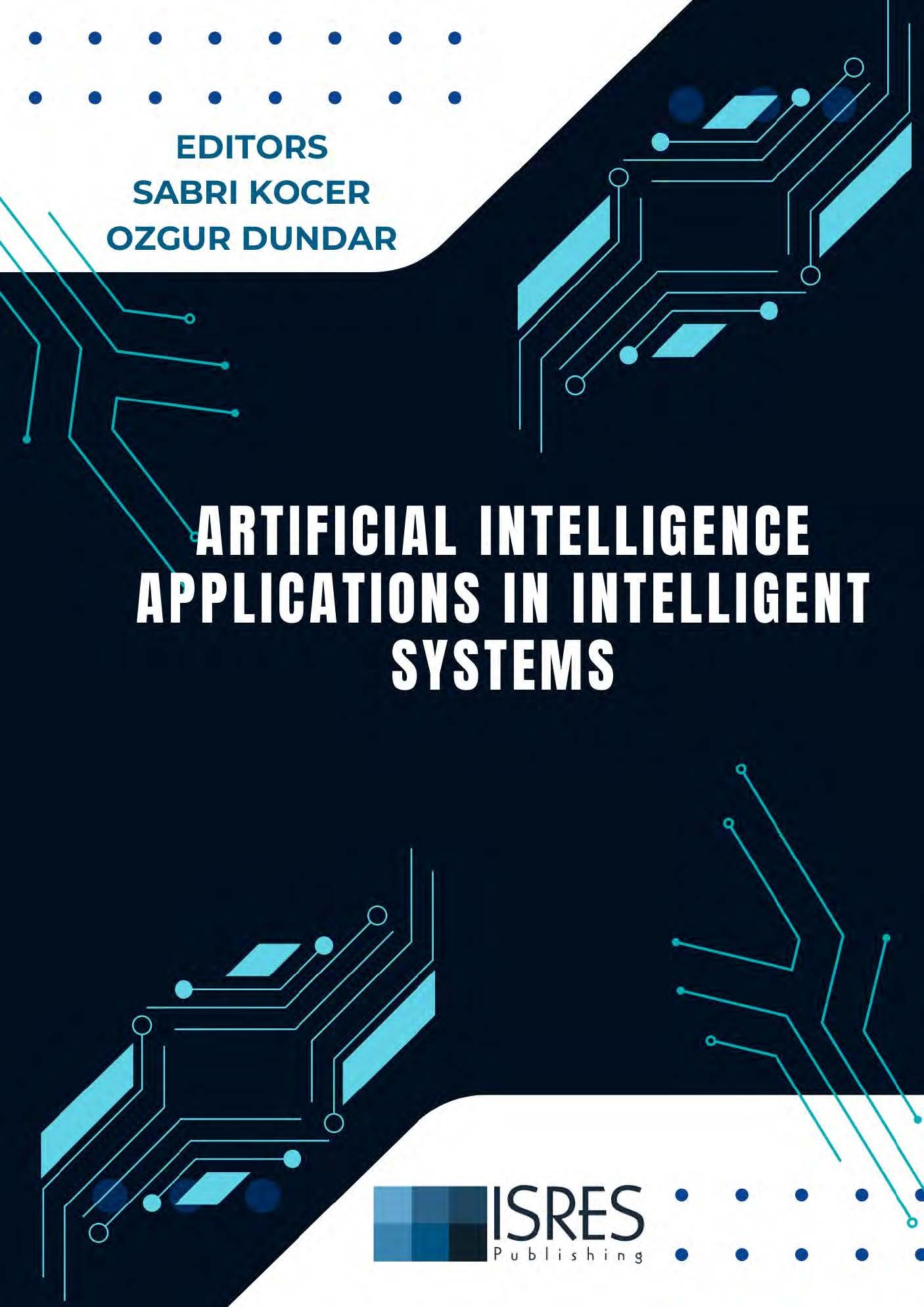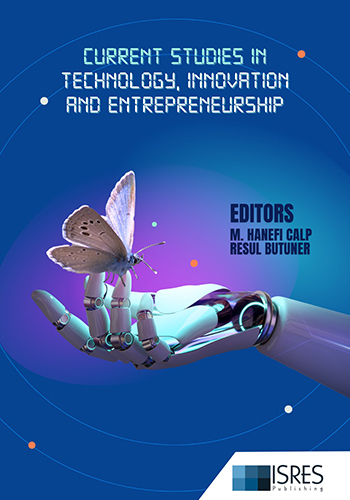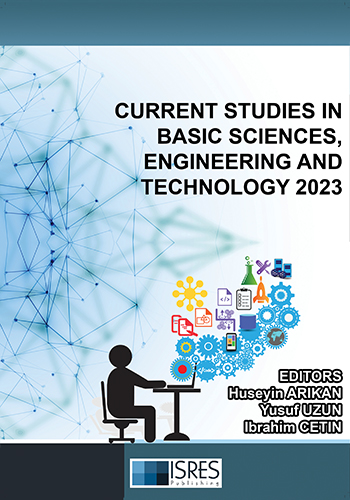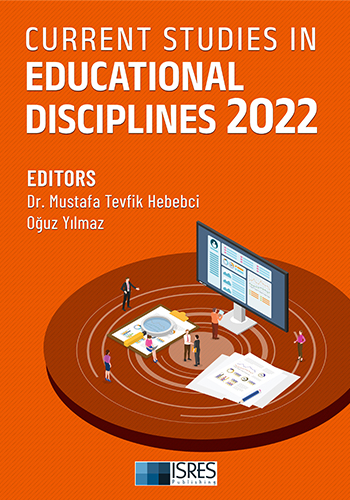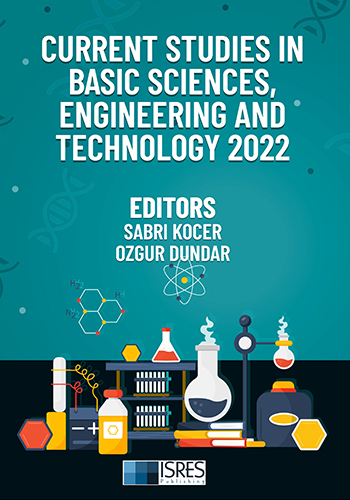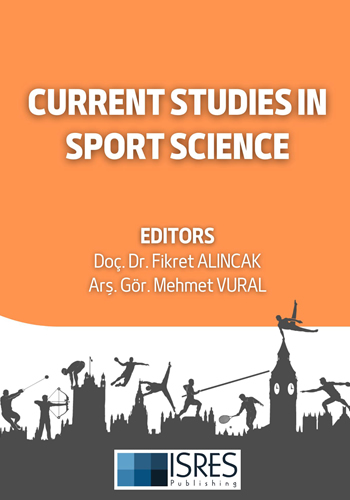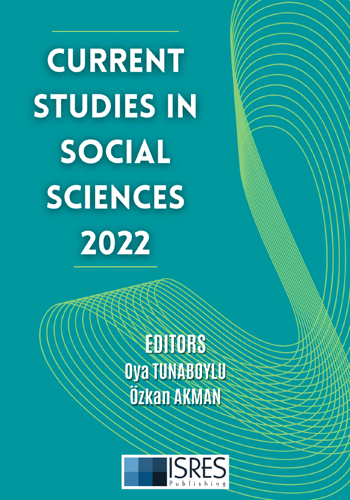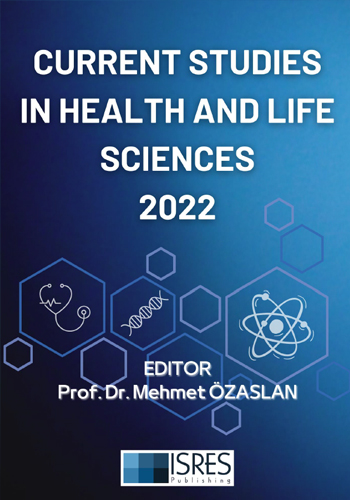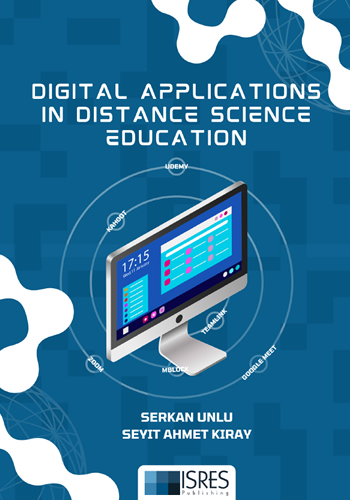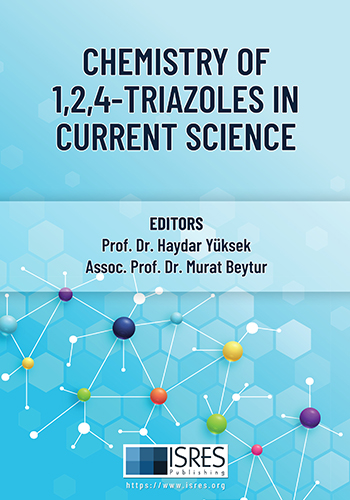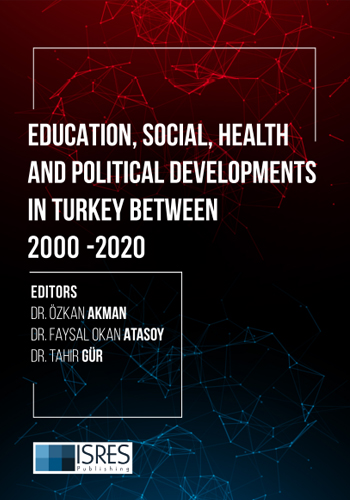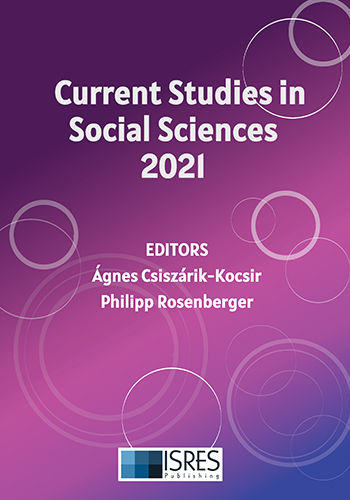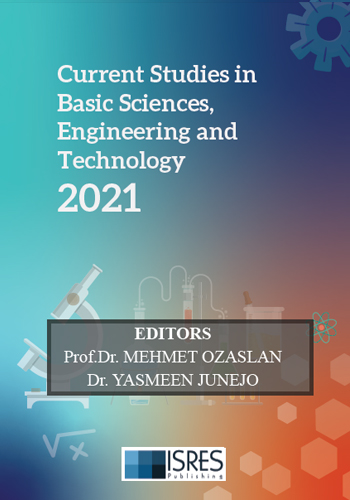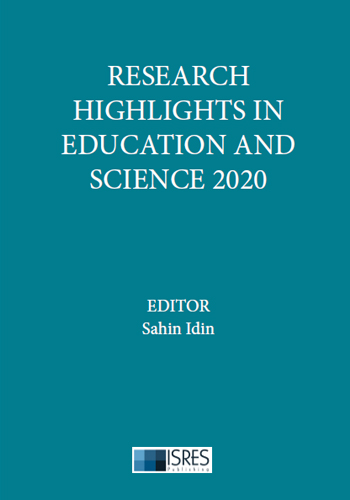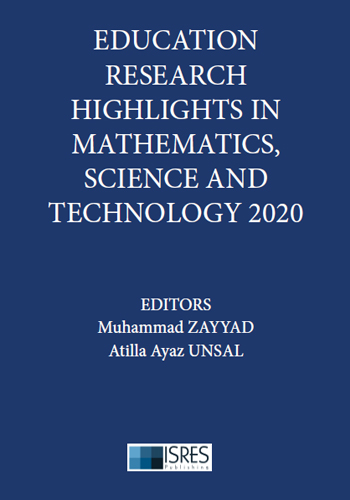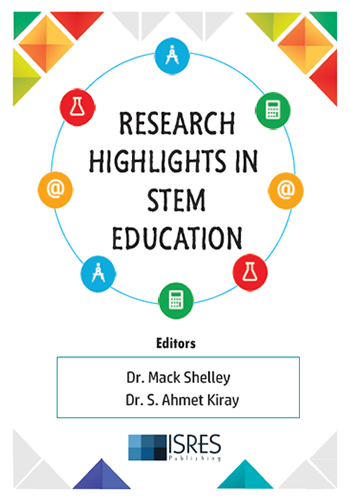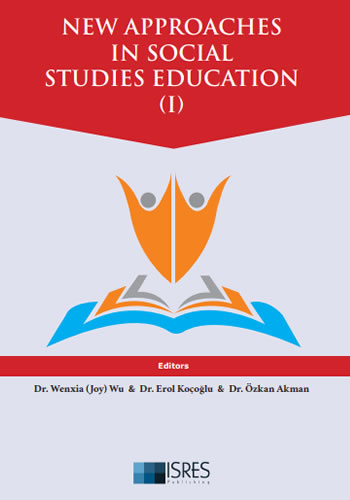Developmental Dysplasia of the Hip (DDH) is a prevalent pediatric condition requiring early detection to prevent severe long-term consequences. This review explores the application of machine learning (ML) technologies to improve the accuracy and reliability of DDH diagnostics, which traditionally rely on subjective methods. Synthesizing f indings from 45 studies published between 2016 and 2024, the review highlights the methodologies, outcomes, and clinical implications of ML-driven solutions, including deep learning models, automated imaging systems, and hybrid frameworks. These innovations demonstrate significant potential in reducing diagnostic variability, enhancing early detection, and improving treatment outcomes for infants. However, challenges such as dataset diversity and clinical validation persist. This comprehensive overview emphasizes the transformative impact of ML on pediatric orthopedics and outlines future research directions for broader implementation.
ML-Based Solutions for Detection of Hip Dislocation in Infants: A Review
New Generation Technologies and Sustainability In Health : Current Studies
Editors: Fatma Nur TAKI, Sabri KOÇER, Resul BÜTÜNER
 (1)_01-01-2025_10-03-2025.jpg)
1105
ML-Based Solutions for Detection of Hip Dislocation in Infants: A Review
Chapter Authors: Mevlüt Can ADIYAMAN, Şeyma Nefise SATICI, Muhammmed Furkan DARILMAZ, Hüseyin Oktay ALTUN
Pages: 49-73
Other Chapters
The Robot Nurses
İbrahim ÇETİN
More Info Pages: 1-15
Artificial Intelligence in the Early Detection of Parkinson’s Disease
Kartal DERİN
More Info Pages: 16-27
Regenerative Medicine: Harnessing Stem Cells for Sustainable Healing
Hasan EGE, Oğuzhan EKİCİ
More Info Pages: 28-48
ML-Based Solutions for Detection of Hip Dislocation in Infants: A Review
Mevlüt Can ADIYAMAN, Şeyma Nefise SATICI, Muhammmed Furkan DARILMAZ, Hüseyin Oktay ALTUN
More Info Pages: 49-73
Performance Comparison of Different Machine Learning Models in Breast Cancer Diagnosis
Fatma Nur UZUN
More Info Pages: 74-95
PRP (Platelet-Rich Plasma) and Women's Reproductive Health: Current Status
Elif GÜLBAHÇE MUTLU, Hatice Nur ŞEFLEK
More Info Pages: 96-118
Methods Used in Behavioural Experiments in Laboratory Animals
İbrahim YILDIZ
More Info Pages: 119-132
Learner-Centered Approaches in Sustainable Medical Education
Hayriye Dilek AKDOĞAN
More Info Pages: 133-148
Medicinal Plants and Ozone Therapy Used in Cancer
Hayriye ALP, Şerife AYDIN
More Info Pages: 162-177
Anatomical Description of Acupuncture Points and Bioresonance Therapy
Ayşe Gamze ÖZCAN, İsmail ESEOĞLU
More Info Pages: 178-193
Examination of Smartphone Applications for Assessment in Physiotherapy and Rehabilitation
Musa ÇANKAYA, Pariya POURİYAMANESH
More Info Pages: 194-210
Acupuncture and Homeopathy Applications in Chronic Neuropathic Pain
Hayriye ALP
More Info Pages: 211-219
Medical Image Processing: Applications of Artificial Intelligence
Yunus Emre GÖKTEPE, Yusuf UZUN
More Info Pages: 220-234
The Role of Getat Trainings in the Development of Getat Applications
Eralp KUYUCU
More Info Pages: 149-161
Budapest/Hungary Conferences - August 28-31, 2025
We are pleased to invite you to ISRES conferences, which will be held at Obuda University/Budapest/Hungary on August, 28-31, 2025. The following conferences will be held in Budapest/Hungary:...
15.01.2025
Trabzon/Türkiye Conferences - May 01-04, 2025
ISRES Spring Conferences - Trabzon/Turkiye SOCIAL SCIENCES – May 1-4, 2025, Trabzon, Türkiye * 5th International Conference on Social Science Studies - IConSoS2025 ...
11.12.2024
Peja/Kosovo Conferences - July 10-13, 2025
We are pleased to invite you to our conferences, which will be held at University of Peja Haxhi Zeka on July, 10-13, 2025. The following conferences will be held in Peja/Kosovo: - 7th Internat...
28.11.2024









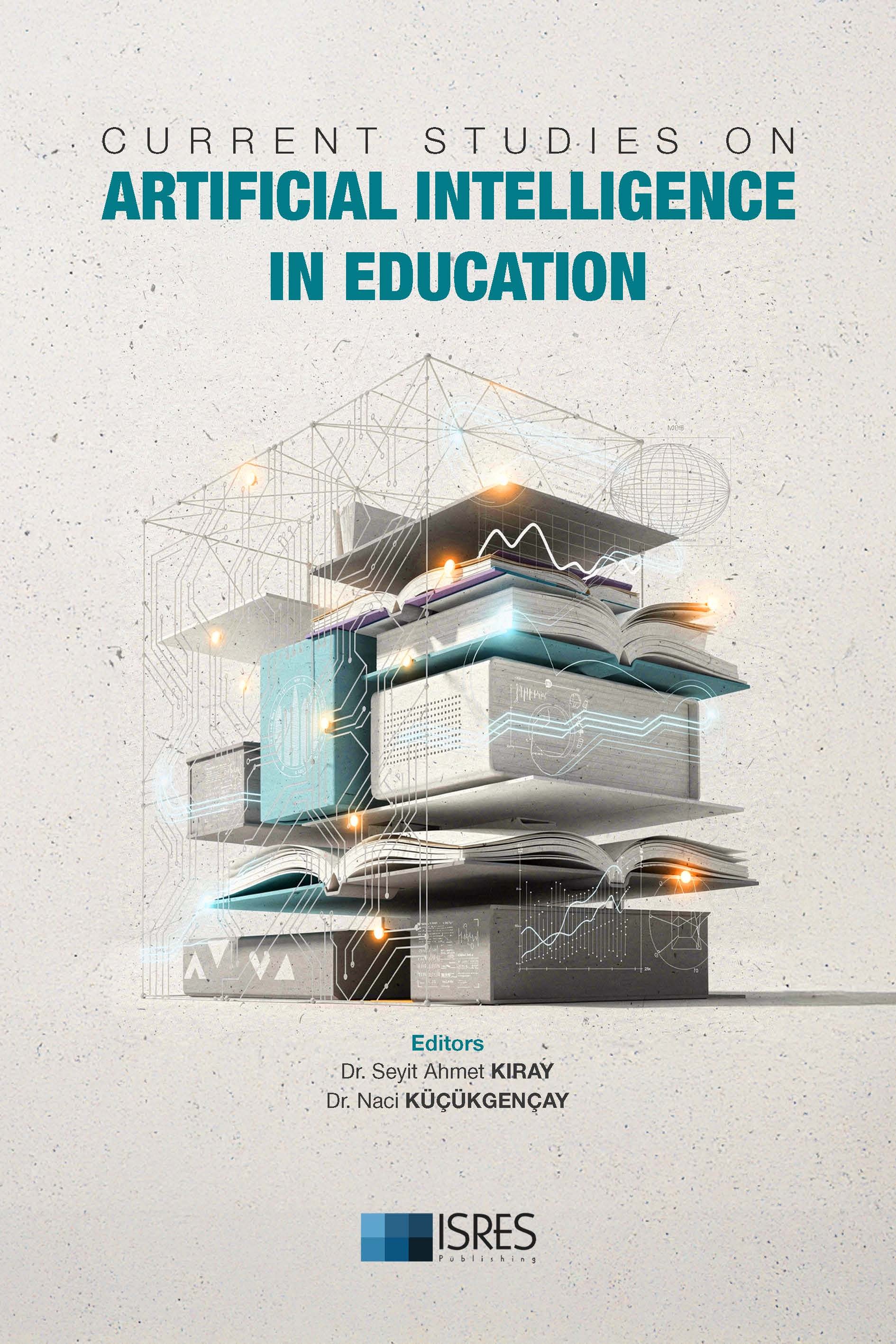
_Sayfa_001_23-12-2025.jpg)
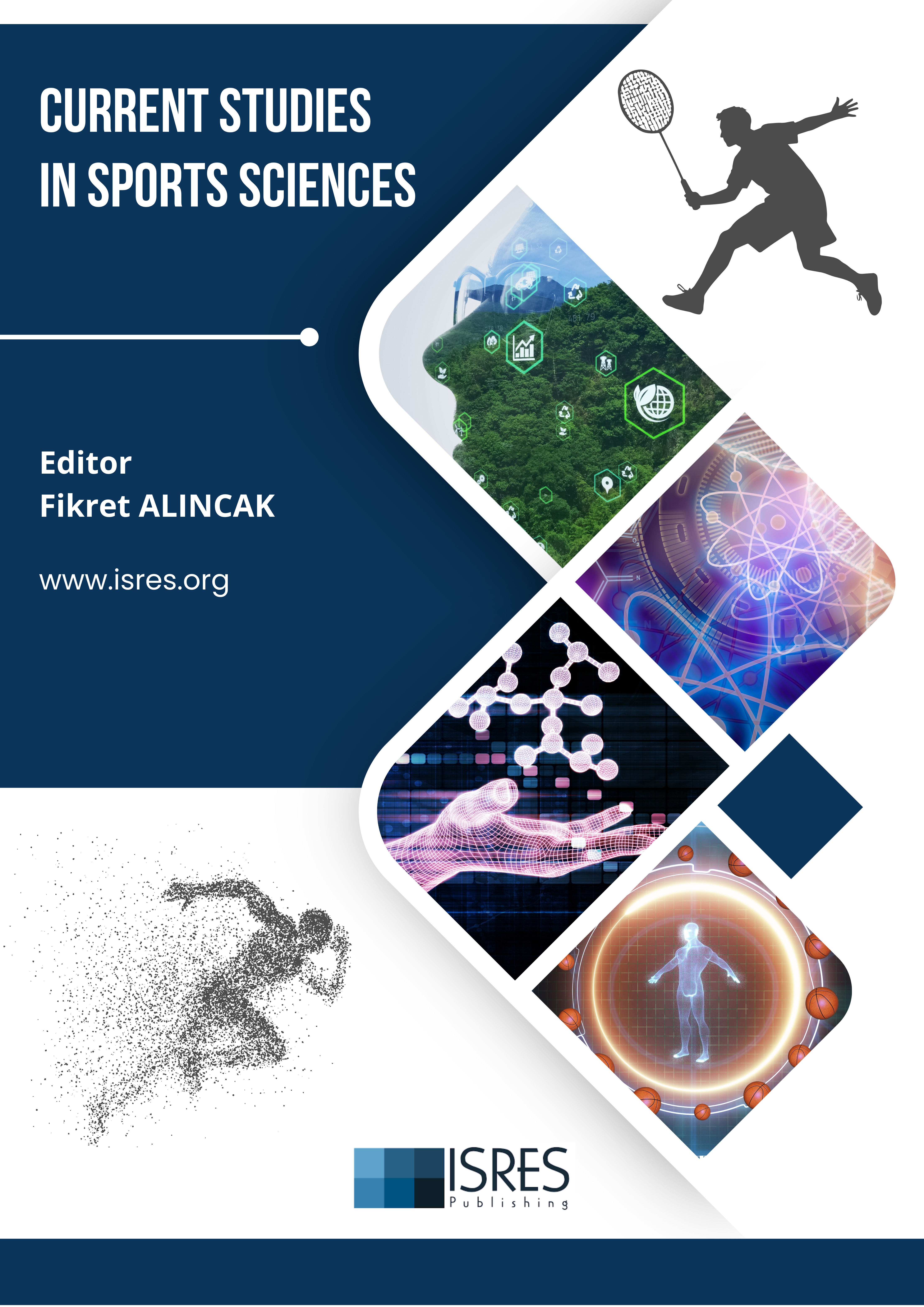


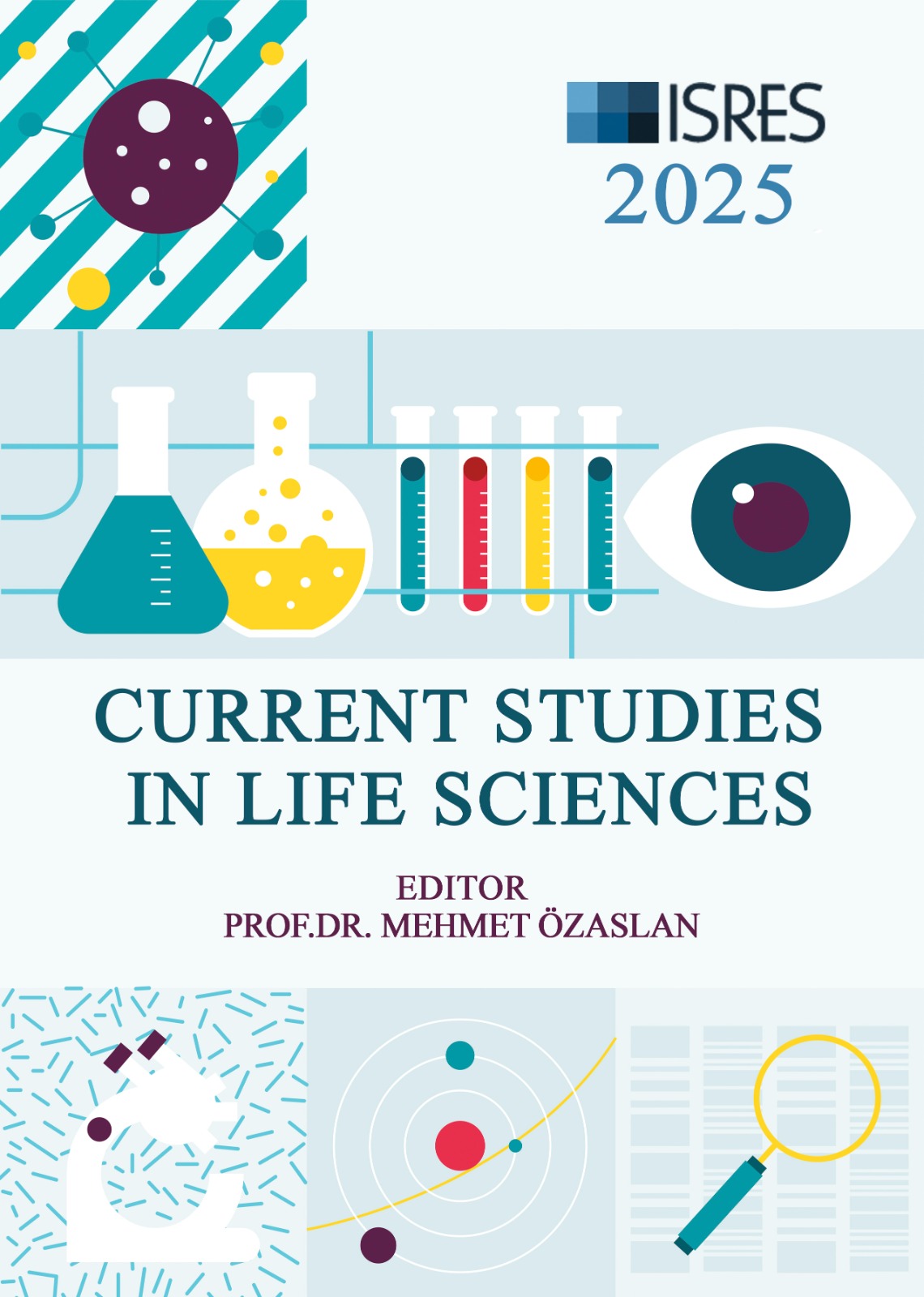
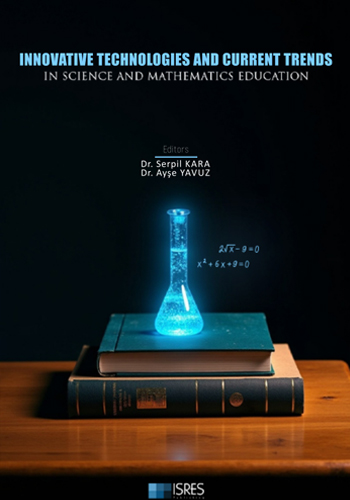





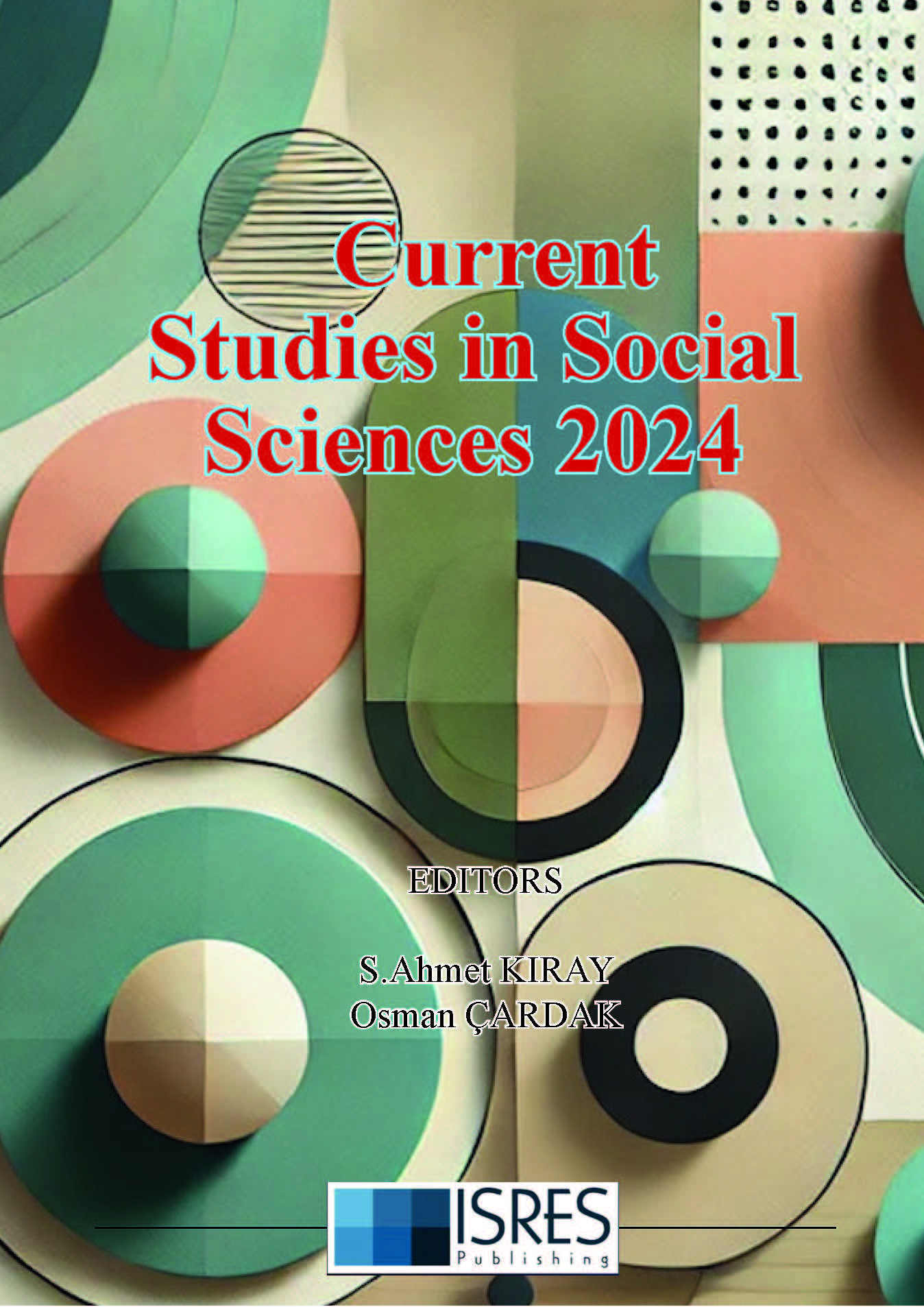
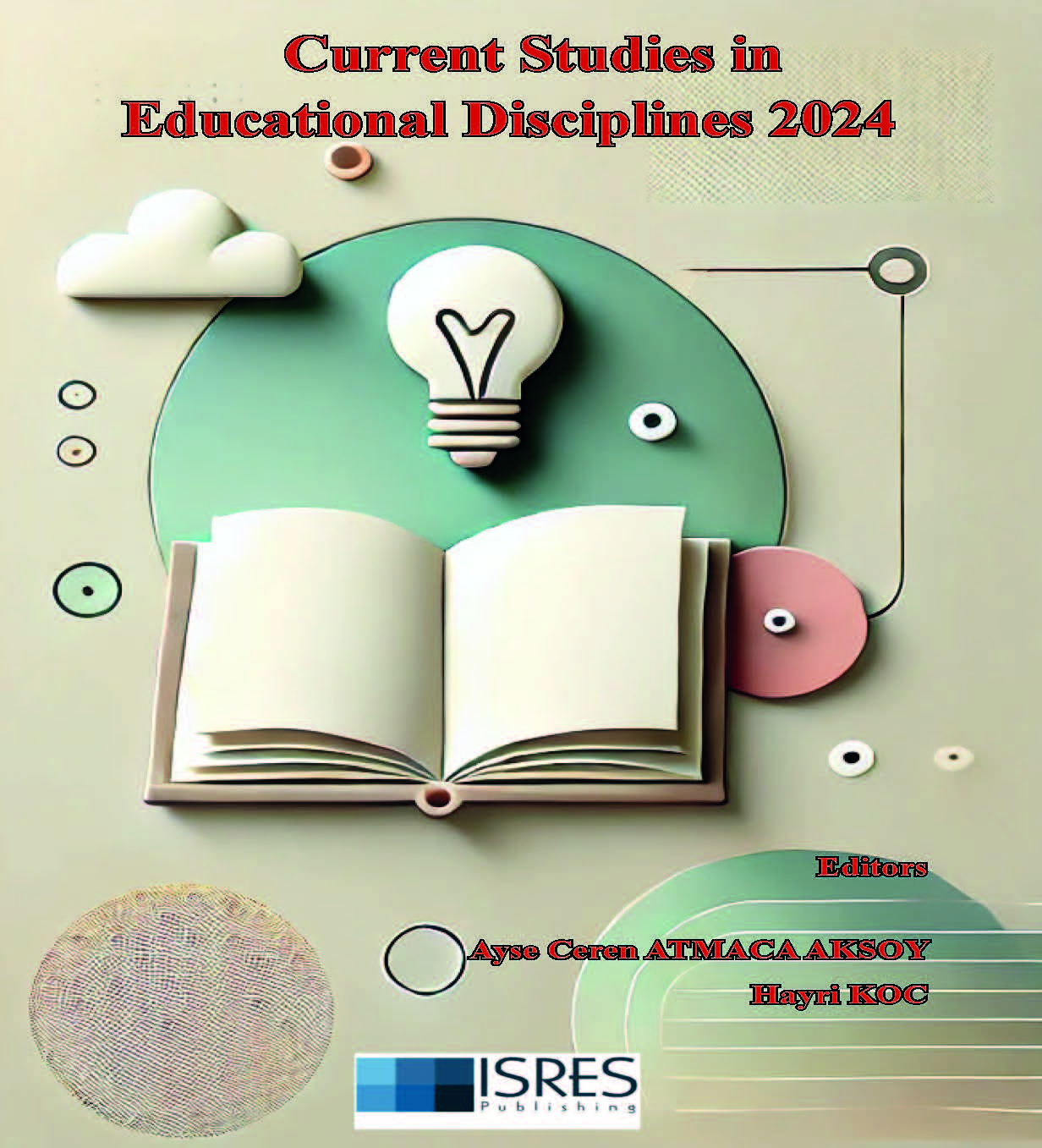



 (1)_16-12-2024.jpg)


_29-12-2024.jpg)

_01-01-2025.jpg)

